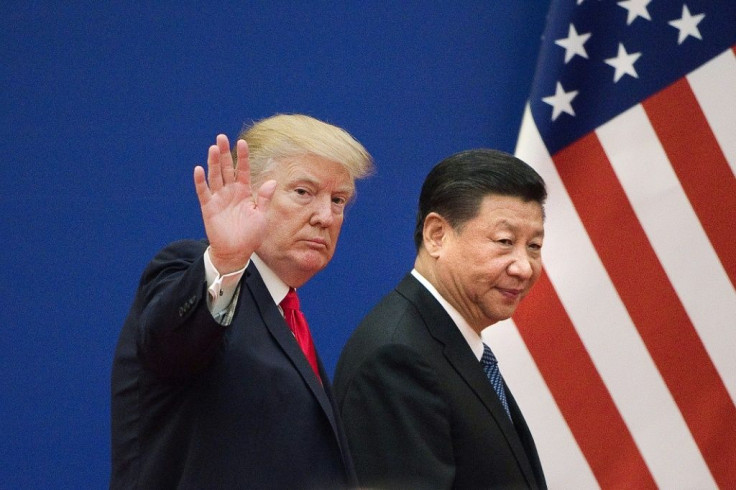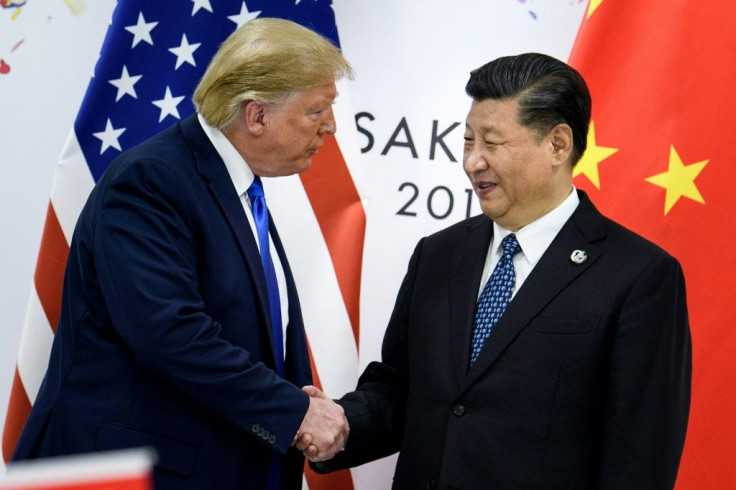US-China Trade Deal: Trump Says He Could Wait Until 2020 Election For Phase Two

KEY POINTS
- Trump says second part of trade deal with China could wait till Nov. 2020 elections
- Says he could get "a lot better deal" by waiting
- Phase one deal to be signed next week
Even as markets and investors are cheering the prospect of a 'phase one' trade deal between the United States and China to be signed soon, President Donald Trump indicated that he is in no hurry to do a phase two.
Trump, who prides himself to be an ace negotiator, told reporters at the White House on Thursday: “I think I might want to wait to finish ’til after the election, because by doing that, I think we can actually make a little bit better deal, maybe a lot better deal.”
The U.S. presidential elections will be held mid-November, which would mean the second part of the deal could come only by the end of the year -- at the earliest.
China confirmed earlier in the day that its chief negotiator Vice Premier Liu He will travel to Washington next week to sign the "phase one" deal. The agreement, widely expected to be signed Jan. 15, is expected to include protections for intellectual property, food and farm goods, financial services and foreign exchange, along with a provision for dispute resolution.
Trump had last month cancelled plans to impose additional tariffs on Chinese goods as talks on the deal progressed. But tariffs on some $250 billion worth of Chinese exports to the United States have remained in force, weighing on trade between the world's two largest economies and raising the prospect of a global slowdown.

Trump's statement on his plan to wait to finalize a phase two deal dials down the expectations he had created last week when he said he would travel to Beijing for negotiations on the next part "at a later date."
Trump has piled sanctions on China in order to pressure it to agree to a deal favorable to the United States but China has resisted, dragging out the signing of a phase one deal. While Trump has negotiated from a position of strength on the back of an improving U.S. economy, the Chinese economy has stayed resilient, too, helping Beijing hold out.
Speaking at the White House, Trump also cast doubt on whether U.S. farmers, who he counts as a key constituency, will be able to supply China with the massive increases in agricultural exports expected to be part of the phase one deal.
"The big question I have is whether or not the farmers will be able to supply all that much more," Trump said.
© Copyright IBTimes 2024. All rights reserved.



















